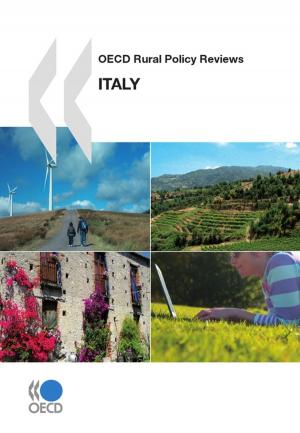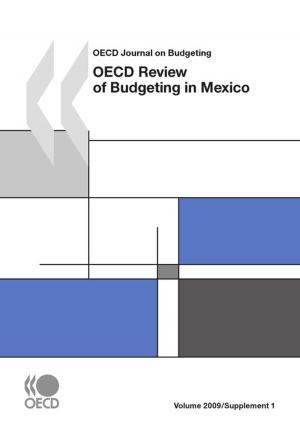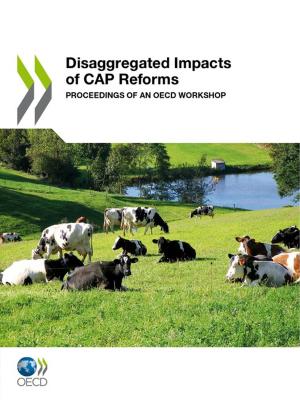Better Regulation in Europe: Sweden 2010
Nonfiction, Social & Cultural Studies, Political Science, Government| Author: | Collective | ISBN: | 9789264087828 |
| Publisher: | OECD | Publication: | July 1, 2010 |
| Imprint: | OECD | Language: | English |
| Author: | Collective |
| ISBN: | 9789264087828 |
| Publisher: | OECD |
| Publication: | July 1, 2010 |
| Imprint: | OECD |
| Language: | English |
The importance of effective regulation has never been so clear as it is today, in the wake of the worst economic downturn since the Great Depression. But how exactly can Better Regulation policy improve countries’ economic and social welfare prospects, underpin sustained growth and strengthen their resilience? What, in fact, is effective regulation? What should be the shape and direction of Better Regulation policy over the next decade? To respond to these questions, the OECD has launched, in partnership with the European Commission, a major project examining Better Regulation developments in 15 OECD countries in the EU, including Sweden. Each report maps and analyses the core issues which together make up effective regulatory management, laying down a framework of what should be driving regulatory policy and reform in
the future. Issues examined include:
• Strategy and policies for improving regulatory management.
• Institutional capacities for effective regulation and the broader policy making context.
• Transparency and processes for effective public consultation and communication.
• Processes for the development of new regulations, including impact assessment, and for the management of the regulatory stock, including administrative burdens.
• Compliance rates, enforcement policy and appeal processes.
• The multilevel dimension: interface between different levels of government and interface between national processes and those of the EU.
The participating countries are: Austria, Belgium, Denmark, Finland, France, Germany, Greece, Ireland, Italy, Luxembourg, Netherlands, Portugal, Spain, Sweden and the United Kingdom.
The importance of effective regulation has never been so clear as it is today, in the wake of the worst economic downturn since the Great Depression. But how exactly can Better Regulation policy improve countries’ economic and social welfare prospects, underpin sustained growth and strengthen their resilience? What, in fact, is effective regulation? What should be the shape and direction of Better Regulation policy over the next decade? To respond to these questions, the OECD has launched, in partnership with the European Commission, a major project examining Better Regulation developments in 15 OECD countries in the EU, including Sweden. Each report maps and analyses the core issues which together make up effective regulatory management, laying down a framework of what should be driving regulatory policy and reform in
the future. Issues examined include:
• Strategy and policies for improving regulatory management.
• Institutional capacities for effective regulation and the broader policy making context.
• Transparency and processes for effective public consultation and communication.
• Processes for the development of new regulations, including impact assessment, and for the management of the regulatory stock, including administrative burdens.
• Compliance rates, enforcement policy and appeal processes.
• The multilevel dimension: interface between different levels of government and interface between national processes and those of the EU.
The participating countries are: Austria, Belgium, Denmark, Finland, France, Germany, Greece, Ireland, Italy, Luxembourg, Netherlands, Portugal, Spain, Sweden and the United Kingdom.















